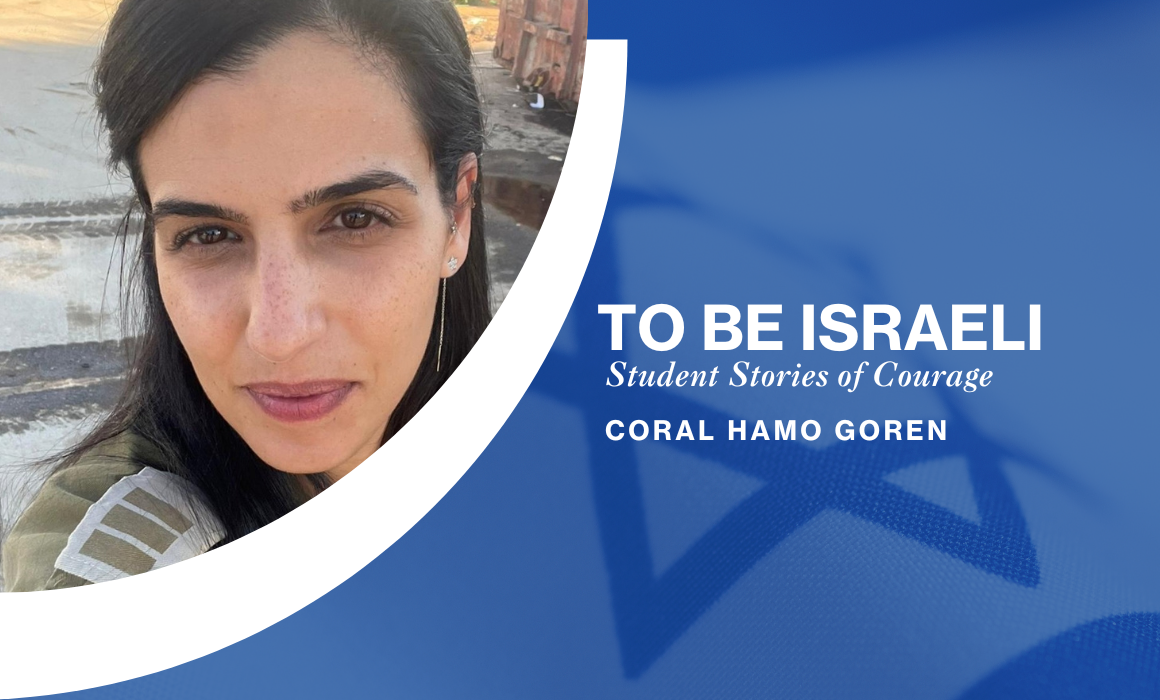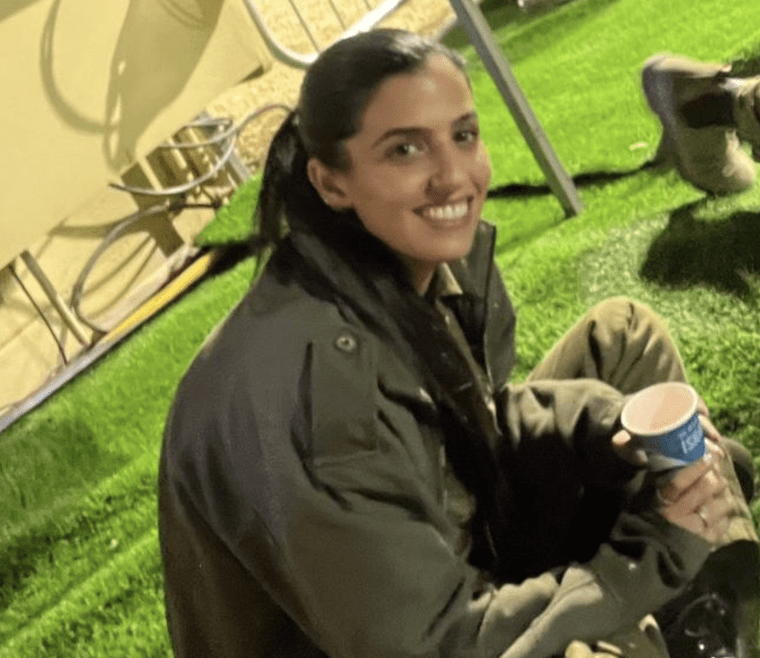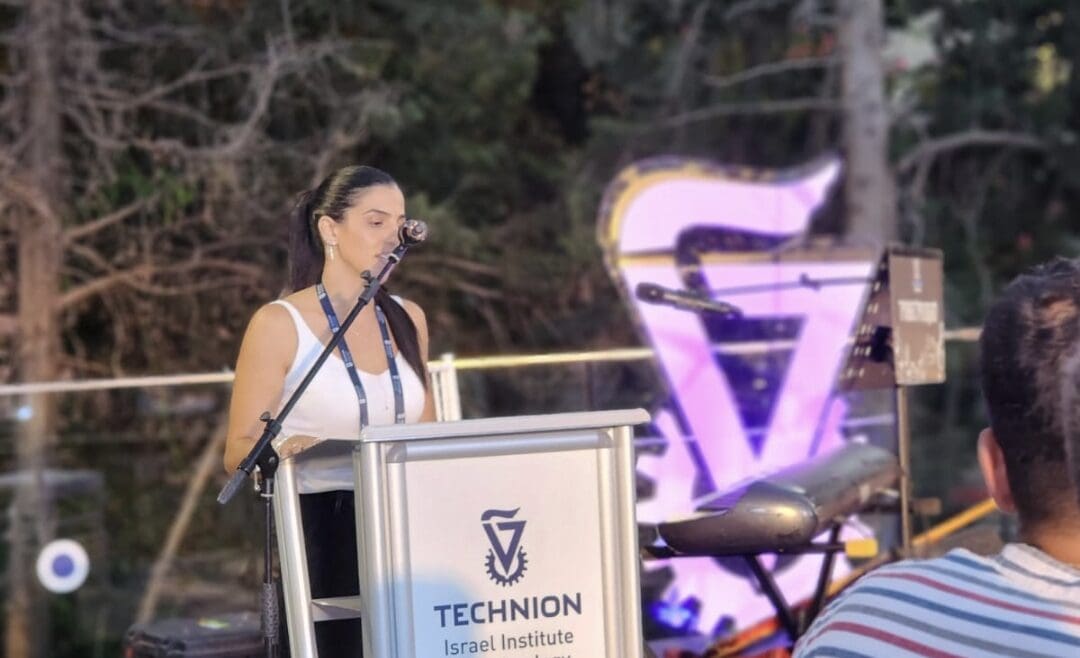When Israel was thrust into conflict on October 7, Coral Hamo Goren — a Ph.D. student at the Technion, mother of three, and operations officer in Israel’s Givati Brigade — faced a life-altering choice. Called to serve near the Gaza border, she put her Ph.D. research on hold – a choice she didn’t take lightly.
“It was a difficult decision… but a really good friend of mine called me and asked me to come help in the reserve duty,” Coral shared, adding, “I have three children, and leaving them with my husband wasn’t easy.” Despite the sacrifice, she felt a strong sense of duty. “I knew it was something I needed to do.”
As an operations officer, Coral manages the command room, a high-stakes role requiring swift and strategic decisions across multiple military domains. “The command room is the place where we take all the operation decisions… integrating intel, air, and artillery issues and logistics, and we make decisions about the operations,” she explained.
Coral’s work in the Technion’s Faculty of Architecture and Town Planning, where she uses machine learning to analyze and synthesize urban spaces, was just beginning to take shape. She was on the brink of submitting her research proposal — a pivotal milestone in her Ph.D. journey — when the conflict broke out. Even amidst her military role, she worked tirelessly to keep up academically, crediting her success to her ability to manage a complex schedule.
“I think the answer is just managing the schedule of daily life. That’s how I integrated everything — reserve duty, courses, and being a mother,” she explained, detailing her back-and-forth commutes from Haifa to Gaza and back home to her family.
Coral’s journey has been shaped by the unwavering support of her faculty and advisors at the Technion. They reassured her that her Ph.D. could wait if necessary, expressing understanding of her situation. “My supervisors told me, ‘It’s okay, your studies will wait… your home and the world won’t,’” she recounted.
Their flexibility allowed her to attend classes as possible and even submit a paper for an international conference under intense time constraints. Although she experienced sleepless nights, Coral’s determination carried her through. “I decided, of course, to do it and write the article and keep going with the research,” she said.
The Technion’s wider support has been vital for Coral and other reservists. In addition to adjusting schedules and semester dates, the University sends regular messages of encouragement, recognizing the challenges faced by students called to serve. “The Technion really sees us; they understand the difficult situation,” she said, explaining that they even provided aid to students like her close friend, whose husband serves in reserve duty.
In reflecting on her connection to Israel and her hopes for its future, Coral remains optimistic about the challenges her country faces. “I’ll never leave Israel. I grew up through the Second Intifada… and I’m okay,” she affirmed.
“I believe we’ll come out of this stronger. It’s a hard time, but we’ll grow from this low place.”




